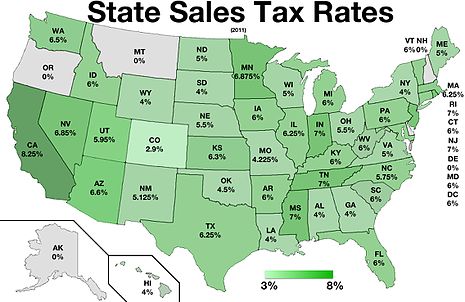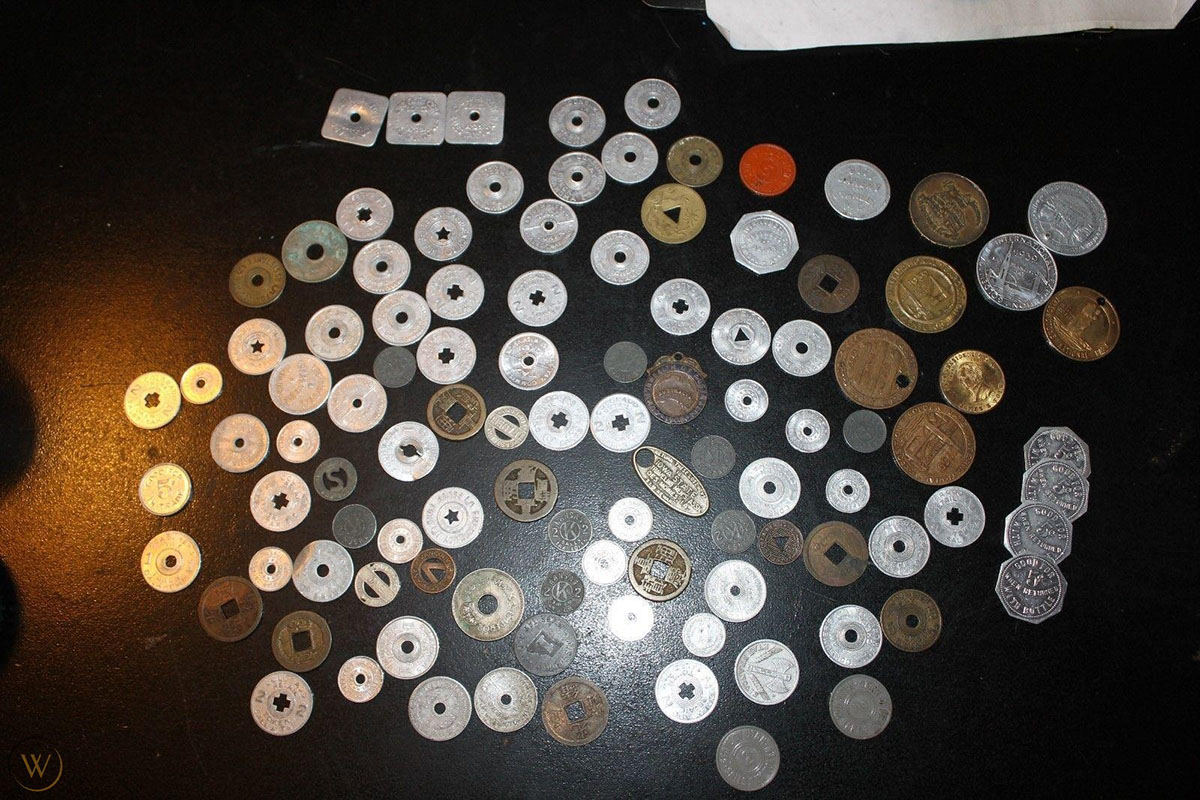In 1933, Michigan, California, and Ohio passed similar tax legislation. Then, on May 21, 1935, the state of Washington passed a similar law. However, in 1936, the US treasury department filed a lawsuit against Washington over its use of sales tax tokens, arguing that the tokens were an attack on US coinage. The Washington legislature did not back down and the issue was put on hold until a more favorable time.
While the sales tax tokens were widely accepted, most coin dealers do not know how to price them. Some are worth ten cents while others could fetch as much as $100. This is because many states produced sales tax tokens so they could win contracts with other states. This makes these coins valuable collectibles for collectors. These collectibles are also a good investment. Whether you are a collector, these tokens are a great way to make a profit.
The state of Washington first implemented sales tax tokens during the Great Depression. Many people were concerned that the state would take their tax and pocket it. The Washington sales-tax rate was 2%. This meant that if you bought a penny, you would pay a cent in taxes. The tax tokens, however, were worth fractions of a cent. This system was used until the early 1960s and was largely abandoned.
The Evolution of Sales Taxes in the United States
A sales tax token is a small piece of paper that you can place on a product. The state of Washington issued these tokens in the 1920s. This was a good idea, as it eliminated the need for a cash register. These tokens were issued by the states to collect sales tax, and they were largely abandoned after World War II. But if you’re an avid collector of sales tax tokens, you can start collecting them today!
Now that sales tax is collected electronically, there’s no need for these tokens. But if you’re an avid collector of sales tax tokens, you can start collecting them today! The states that issued these tokens are Colorado, Illinois, Indiana, Iowa, Kansas, Kentucky, Louisiana, Maine, Maryland, Massachusetts, Michigan, Minnesota Missouri and Nebraska. There are also a few foreign countries that have issued these tokens. Some interesting facts about American tokens:
- The first state to enact a sales tax was Wisconsin in 1921
- The use of sales tax tokens became more widespread after World War II
- The states that issued sales tax tokens are Colorado, Illinois, Indiana, Iowa, Kansas, Kentucky, Louisiana, Maine, Maryland, Massachusetts, Michigan, Minnesota Missouri and Nebraska
- The foreign countries that have issued sales tax tokens include Canada and the United Kingdom.
- The value of a sales tax token depends on the state or country that it was issued in. In general, they are worth between $0.50 and $15.00 each.
Sales tax tokens were issued in the state of Washington for several years. They were introduced during the Great Depression because many people were concerned that their state governments would take advantage of the low-cost items that they sold. At that time, the state of Washington sales tax was 2%. So, paying a cent on a 10-centcent item would cost you ten cents. Therefore, a sales tax token is a good way to avoid the high-taxed items.

Although sales tax tokens were unpopular, they did have a few advantages. Unlike traditional cash, sales tax tokens allow you to easily track the cost of your purchases and keep track of the total cost of the transaction. Moreover, they can be used in many different countries. There are no restrictions on how many sales tax tokens you can buy. You can also buy sales tax tokens at your local store. They are widely accepted throughout the United States.
These tokens can be used in many places in the world. Despite being widely used in various countries, they have a number of advantages. They can be used as a currency for online purchases and can be printed in different languages. They are convenient to carry and can be purchased easily without a hassle. They are also easy to convert into local currencies. This means you don’t need to buy expensive coins if you aren’t accustomed to them.
The use of sales tax tokens was common before the Great Depression. In fact, it was a popular method of paying taxes because it was a fraction of a cent. In most states, sales tax tokens were issued by private firms or municipalities. In the United States, they are still widely used. There is no restriction on who can collect them. So, sales tax tokens are convenient for virtually everyone. You can collect them in the form of a cash or credit card. Before the state of Washington’s sales tax token was introduced, the system was dominated by local governments. The American Tax Token Society (ATPS) was founded in 1971 and has been publishing quarterly newsletters since then. The Pfefferkorn and Schimmel catalog was replaced by United States Tax Tokens and Stamps A History and Catalog, both published in 1981. This new form of government money was also accepted at stores, making them a popular means of paying sales taxes.
- Mississippi State Sales Tax - April 27, 2022
- RSA Token For Personal Finance - March 29, 2022
- Arizona State Tax Commission Token - March 17, 2022

